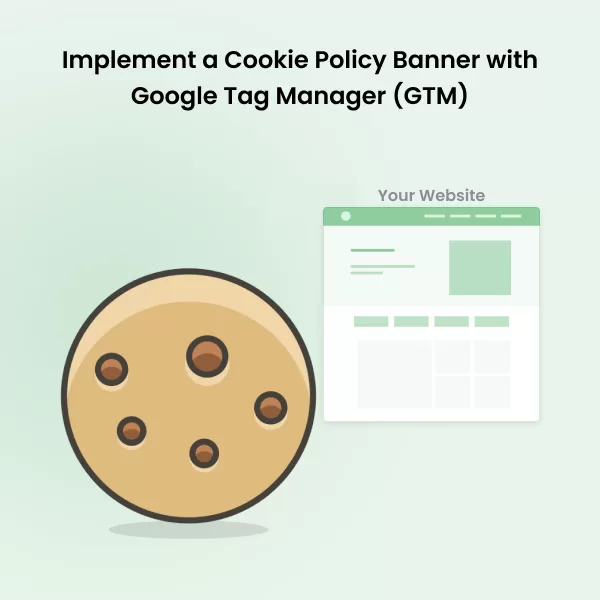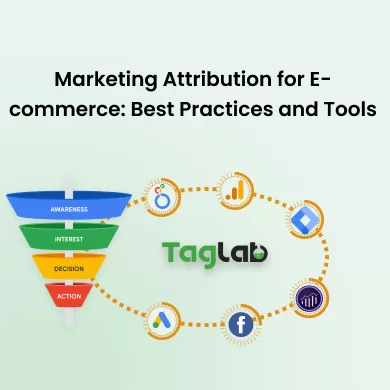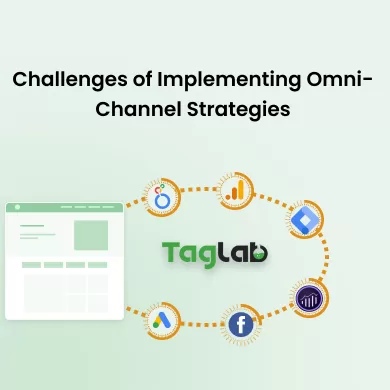Your cart is currently empty!
Customer Referral Conversion Rate Metric Definition
Posted by:
|
On:
|
Customer Referral Conversion Rate is a key performance indicator (KPI) that measures the percentage of referred customers who complete a desired action, such as making a purchase or signing up for a service. This metric helps businesses understand the effectiveness of their referral programs in converting referred prospects into customers.
Detailed Explanation
What is Customer Referral Conversion Rate?
Customer Referral Conversion Rate is calculated by dividing the number of referred customers who complete a desired action by the total number of referred customers, then multiplying the result by 100 to get a percentage. This metric indicates how well referred prospects are converting into active customers.
How it Works?
The Customer Referral Conversion Rate provides insight into the quality and effectiveness of referrals. A higher conversion rate indicates that referred prospects are highly engaged and likely to complete the desired action, suggesting strong referral quality and program effectiveness. Conversely, a lower conversion rate may indicate issues with the referral program or the quality of referred prospects.
Types of Customer Referral Conversion Metrics
- Overall Referral Conversion Rate: The conversion rate for all referred customers.
- Program-Specific Referral Conversion Rate: The conversion rate for specific referral programs or campaigns.
- Channel-Specific Referral Conversion Rate: The conversion rate for referrals acquired through specific channels (e.g., social media, email).
Illustrative Scenarios
Examples
- If a company receives 200 referred customers in a month and 50 of them make a purchase, the referral conversion rate is (50 / 200) x 100 = 25%.
- If a business receives 100 referred customers in a quarter and 30 of them sign up for a service, the referral conversion rate is (30 / 100) x 100 = 30%.
Segmentation
Analyzing the referral conversion rate by different segments (e.g., by referral program, customer demographics, or acquisition channel) can provide deeper insights. For example, comparing conversion rates across different programs can help identify the most effective strategies.
Factors Influencing Customer Referral Conversion Rate
- Quality of Referrals: High-quality referrals are more likely to convert.
- Incentives: Attractive referral incentives can increase conversion rates.
- Referral Process: A seamless referral process can encourage more conversions.
- Customer Experience: A positive customer experience can lead to higher conversion rates.
- Communication Channels: Effective use of communication channels can boost referral conversion rates.
Strategies to Improve Customer Referral Conversion Rate
- Enhancing Referral Quality: Ensuring that referrals are of high quality and relevant to the target audience.
- Offering Compelling Incentives: Providing attractive incentives for referrals and conversions.
- Simplifying the Referral Process: Making the referral and conversion process easy and seamless.
- Optimizing Customer Experience: Ensuring a positive customer experience to encourage conversions.
- Utilizing Effective Channels: Promoting referral programs through effective communication channels.
Referral Conversion Rate Benchmarks
Referral conversion rate benchmarks vary by industry and type of business. For example:
- Retail: Typically has higher referral conversion rates due to frequent customer interactions and purchases.
- Technology: Often has lower referral conversion rates due to longer sales cycles and complex products.
- Service-Based Businesses: Generally have higher referral conversion rates due to the importance of personal recommendations and trust.
Comparing your referral conversion rate against industry standards can help gauge performance and set realistic goals.
Tools for Measuring Customer Referral Conversion Rate
- Referral Program Software: Tools like ReferralCandy and Ambassador track referral metrics and conversion rates.
- Customer Relationship Management (CRM) Systems: Systems like Salesforce and HubSpot track customer acquisition sources, including referrals and conversions.
- Analytics Tools: Google Analytics and similar tools can help track referral traffic and conversions.
Common Pitfalls and Mistakes
- Ignoring Referral Quality: Not focusing on the quality of referrals can lead to lower conversion rates.
- Complex Referral Processes: Complicated referral processes can discourage conversions.
- Insufficient Incentives: Offering weak or unattractive incentives can result in low conversion rates.
- Poor Customer Experience: A negative customer experience can lead to lower referral conversion rates.
- Inconsistent Monitoring: Not regularly tracking referral conversion rates can result in missed opportunities for optimization.
Frequently Asked Questions
What is Customer Referral Conversion Rate?
Customer Referral Conversion Rate measures the percentage of referred customers who complete a desired action, such as making a purchase or signing up for a service. It is calculated by dividing the number of referred customers who convert by the total number of referred customers and multiplying by 100.
Why is Customer Referral Conversion Rate important?
Customer Referral Conversion Rate is important because it helps businesses understand the effectiveness of their referral programs in converting referred prospects into customers. A higher conversion rate indicates strong referral quality and program effectiveness.
How can I improve my Customer Referral Conversion Rate?
Improving Customer Referral Conversion Rate can be achieved by enhancing referral quality, offering compelling incentives, simplifying the referral process, optimizing customer experience, and utilizing effective communication channels.
What factors influence Customer Referral Conversion Rate?
Factors influencing Customer Referral Conversion Rate include the quality of referrals, incentives, referral process, customer experience, and communication channels.
What is a good benchmark for Customer Referral Conversion Rate?
A good benchmark for Customer Referral Conversion Rate varies by industry. Retail typically has higher referral conversion rates, technology often has lower rates due to longer sales cycles, and service-based businesses generally have higher rates due to the importance of personal recommendations and trust. Comparing against industry benchmarks can help set realistic goals.




